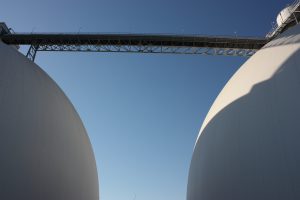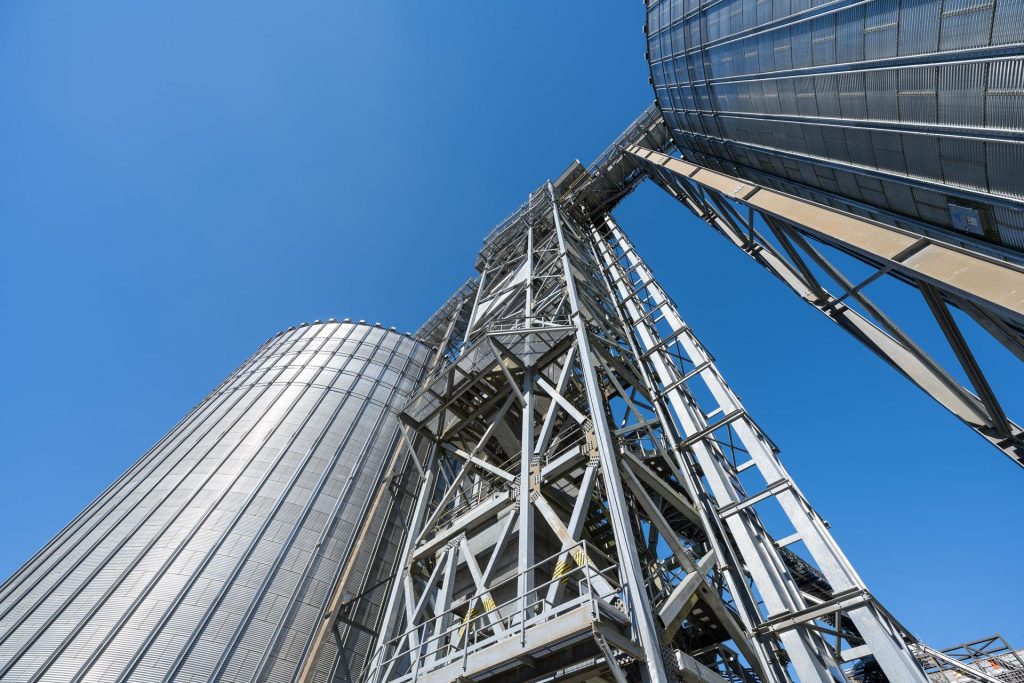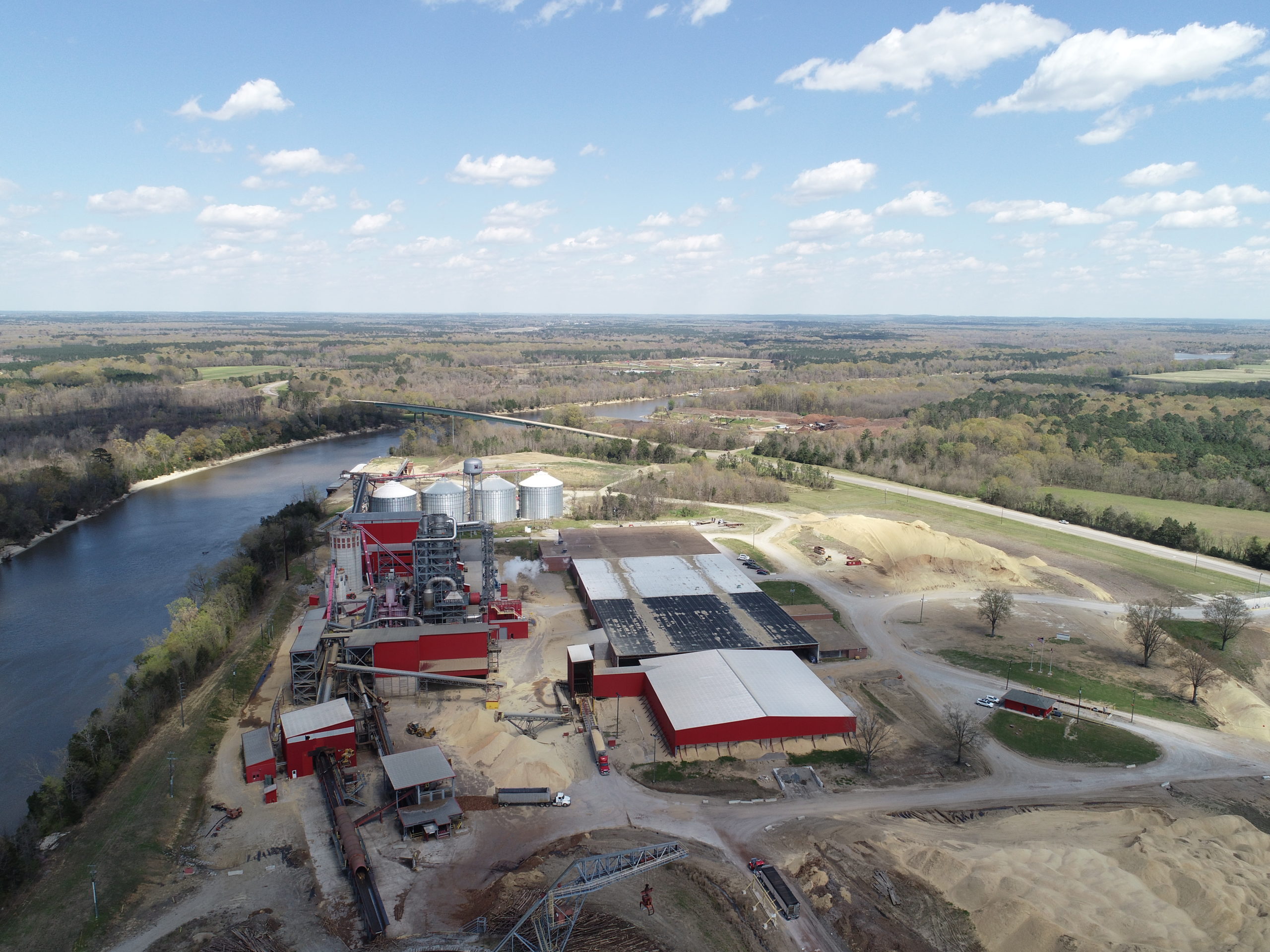
Drax today announced it will establish its North American headquarters for Bioenergy with Carbon Capture and Storage (BECCS) in Houston, Texas. The new office will serve as the hub for Drax’s team focused on bringing BECCS projects to fruition throughout the United States and Canada.
“With the growing global demand for high-quality carbon removals, Houston was a natural fit for our BECCS headquarters as it is the energy capital of the world with a proven, highly skilled workforce that will be needed to lead the world’s clean energy transition,” said Drax CEO Will Gardiner. “Additionally, the U.S. Gulf Coast has emerged as a major hub for carbon capture and sequestration investment and technology, a key component of the company’s plans to expand clean electric generation from renewable resources.”
BECCS is the only technology that can deliver reliable, dispatchable renewable power while permanently removing millions of tons of carbon dioxide from the atmosphere.
“We are thrilled at Drax’s announcement to name Houston as their BECCS headquarters, as it comes at a time of great momentum for Houston’s energy transition ecosystem and further positions the region as a leader in energy efficiency and carbon capture,” said Jane Stricker, Houston Energy Transition Initiative, Executive Director and SVP of Energy Transition at the Greater Houston Partnership.
Two initial sites in the U.S. south for deploying BECCS have been selected and are progressing. Drax continues to evaluate 9 further sites in North America, creating a pipeline of development opportunities into the 2030s.
“With additional sites under evaluation for further BECCS development, our new Houston office will allow the Drax team to accelerate its work in bringing cleaner and affordable electricity options to the market,” Gardiner said.
Drax has already started hiring what will eventually amount to over 100 new jobs in Texas to support the company’s rapid growth strategy, particularly focused on the development of new-build BECCS facilities, associated carbon capture and storage infrastructure, and the conversion of coal-fired electric generation plants to BECCS facilities across North America.
“Houston is uniquely positioned to lead the transition to a cleaner, more efficient and more sustainable, lower carbon world, and Drax’s ambition to become a carbon negative business by 2030 aligns with our regions expertise and continued investment,” said Stricker.
With increasing energy demand across the world, BECCS by Drax offers the opportunity for the energy industry and companies to invest in the world’s first carbon-negative power generation.
Drax’s office in Monroe, Louisiana will remain the headquarters for its North America Pellet Operations, which also includes regional offices in Vancouver and Prince George, Canada.
Contact Information:
Alex Schott
VP, Head of North America Communications
318-372-4091
[email protected]
About Drax
Drax Group’s purpose is to enable a zero carbon, lower cost energy future and in 2019 announced a world-leading ambition to be carbon negative by 2030, using bioenergy with carbon capture and storage (BECCS) technology.
Drax’s around 3,000 employees operate across three principal areas of activity – electricity generation, electricity sales to business customers and compressed wood pellet production and supply to third parties. For more information visit http://www.drax.com/us
Power generation:
Drax owns and operates a portfolio of renewable electricity generation assets in England and Scotland. The assets include the UK’s largest power station, based at Selby, North Yorkshire, which supplies five percent of the country’s electricity needs.
Having converted Drax Power Station to use sustainable biomass instead of coal, it has become the UK’s biggest renewable power generator and the largest decarbonization project in Europe. It is also where Drax is piloting the groundbreaking negative emissions technology BECCS within its CCUS (Carbon Capture Utilization and Storage) Incubation Area.
Its pumped storage, hydro, and energy from waste assets in Scotland include Cruachan Power Station – a flexible pumped storage facility within the hollowed-out mountain Ben Cruachan.
The Group also aims to build on its BECCS innovation at Drax Power Station with a target to deliver four million tons of negative CO2 emissions each year from new-build BECCS outside of the UK by 2030 and is currently developing models for North American and European markets.
Pellet production and supply:
The Group has 18 operational pellet plants and developments with nameplate production capacity of around five million tons a year.
Drax is targeting eight million tons of production capacity by 2030, which will require the development of over three million tons of new biomass pellet production capacity. The pellets are produced using materials sourced from sustainably managed working forests and are supplied to third party customers in Europe and Asia for the generation of renewable power.
Drax’s pellet plants supply biomass used at its own power station in North Yorkshire, England to generate flexible, renewable power for the UK’s homes and businesses, and also to customers in Europe and Asia.














